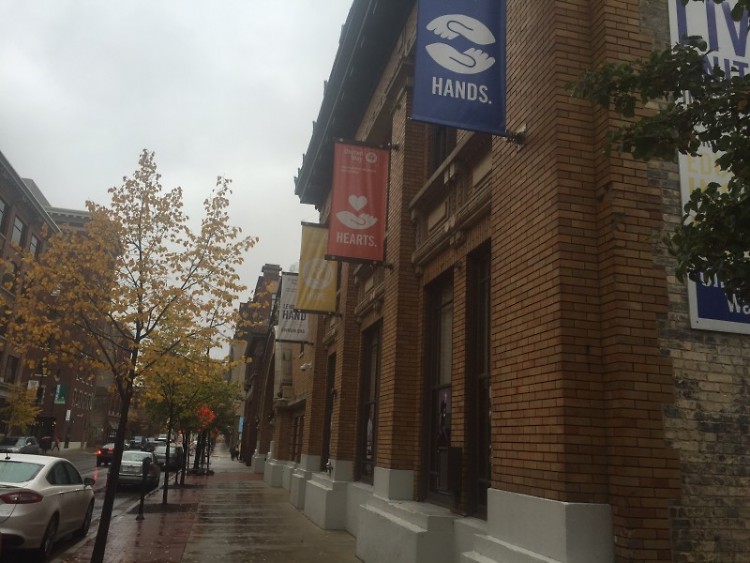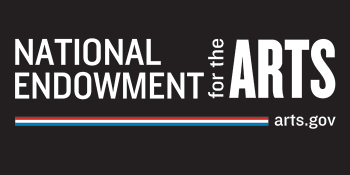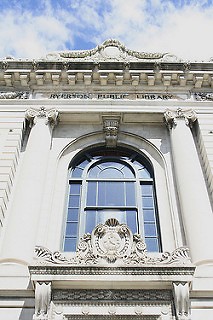The fourth part of the community discussions about race in the Grand Rapids community will be taking place at the Grand Rapids Public Library Main Campus downtown. The discussion will be starting at 6:30 on November 16 and is free and open to all who want to make their voices heard.
“One of the things that the library tries to do is be a gathering place where people can come and explore ideas in an open and accessible way,” says Kristen Krueger-Corrado, the library’s Marketing and Communications Manager. “The library is one of the last places in our community where all sides of any topic are [still] represented.”
The event, taking place at the Public Library, is hosted by Partners for a Racism Free Community (PRFC), an organization that works to promote acceptance and eliminate disparities with a focus on race relations. Past events in the discussion series have taken place at Rockford Construction, Inner-City Christian Federation and the CRC Office of Race Relations.
“It’s really interesting because people haven’t felt like there’s a place to explore their own ignorance on this issue, but also hear from people in the community who are directly affected by it,” says Breannah Alexander, the Program Administrator for PRFC. “The community leads the conversation.”
“This year there have been a lot of things that have been very upsetting,” says Executive Director of PRFC Lisa Mitchell. “People want to talk about how does this affect me? What’s great about these conversations is that people can tell their own stories. People understand stories more than statistics.”
The PRFC, along with the Grand Rapids Public Library, hopes to create a space where people can tell their stories and be heard. They hope to create a safe environment to share their experiences and learn about the struggles that neighbors face.
"That’s our goal,” says Krueger-Corrado. “To be a community gathering place where people come and talk about things that are important in our community or are affecting our community, whether it be racism or environmental issues. Whatever it is, we want people to think of the library as a place where people can come and find unbiased information, but also as a place where people’s voices are heard and all sides of a topic are heard.”
The Rapidian, a program of the 501(c)3 nonprofit Community Media Center, relies on the community’s support to help cover the cost of training reporters and publishing content.
We need your help.
If each of our readers and content creators who values this community platform help support its creation and maintenance, The Rapidian can continue to educate and facilitate a conversation around issues for years to come.
Please support The Rapidian and make a contribution today.


